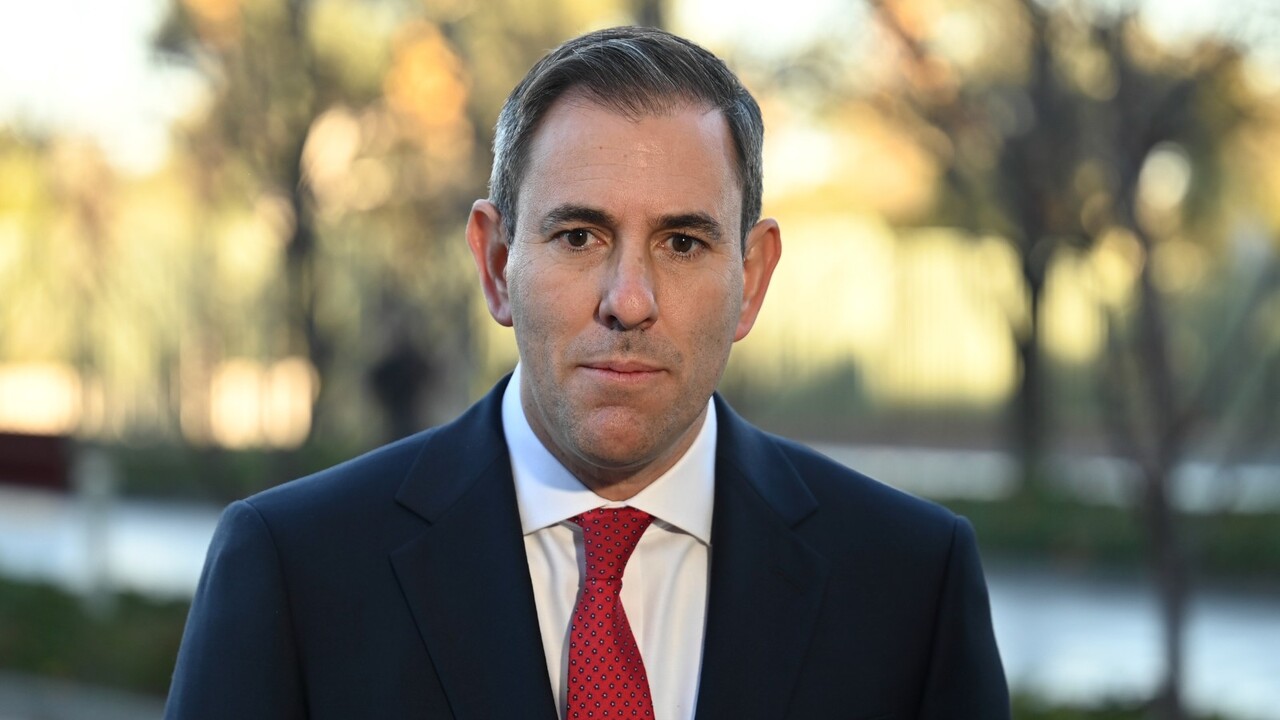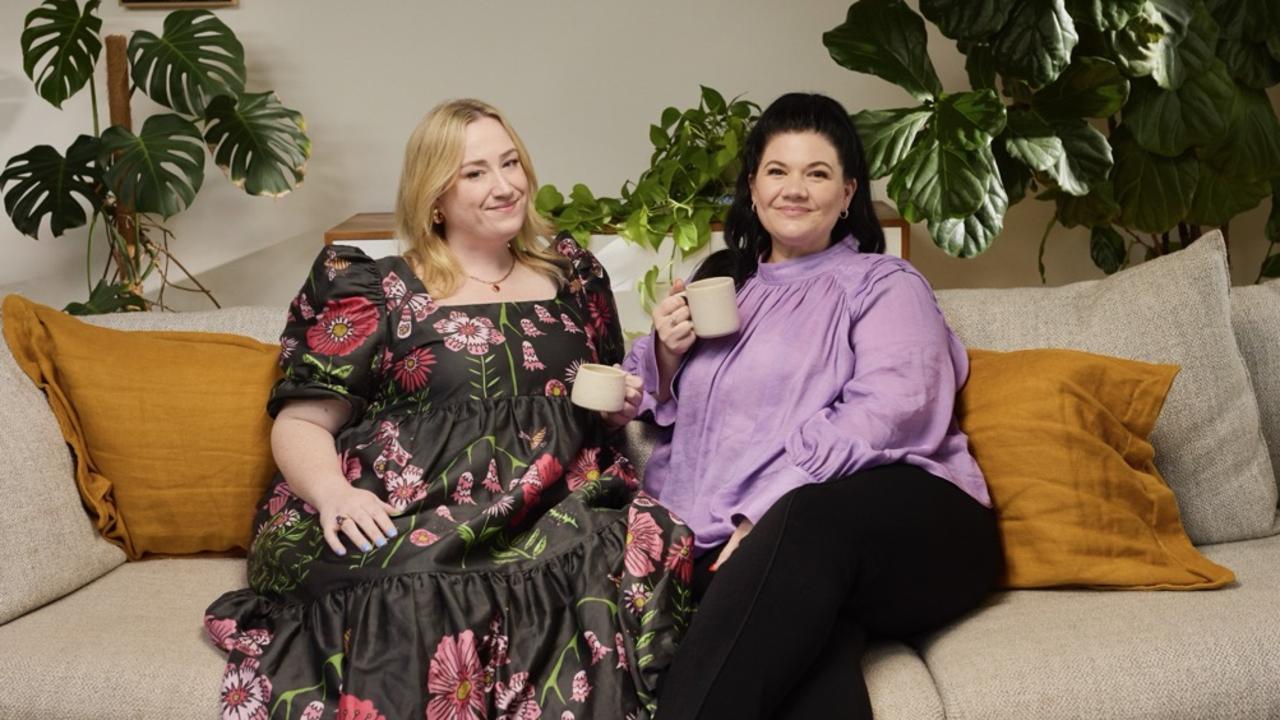Income, living costs and aged care a worry for seniors’ finances
Owning a home in retirement beats renting, but even then it’s not enough, say National Seniors Australia and Challenger.

National
Don't miss out on the headlines from National. Followed categories will be added to My News.
Home ownership is no guarantee of financial security in retirement, as new research highlights how high house prices are producing a generation of asset-rich but income-poor pensioners.
A new study by National Seniors Australia and retirement income group Challenger found seniors who own homes typically believe they need an extra $10,000 a year on top of age pension payments to meet their basic retirement needs.
And the proportion of seniors concerned about aged care costs has climbed dramatically, with 60 per cent of older Australians now worried about how to cover these expenses, up from 38 per cent just three years ago.
National Seniors Australia chief executive officer Chris Grice said recent aged care changes aim to improve quality of care, but would make wealthier retirees pay more, and “this uncertainty could make many older people feel quite anxious”.

The National Seniors Social Survey involved 4700 Australians aged over 50 and found nine out of 10 believe the age pension is insufficient for a basic retirement lifestyle.
Mr Grice said the fortnightly age pension – recently increased to $1144.40 for singles and $1725.20 for couples – was generously indexed compared with other government payments.
However, “it is still not enough to cover critical costs such as private health insurance, adequate heating and cooling costs, vehicle costs and any home maintenance renovations or repairs as well as leisure activities – all of which are important to older people’s wellbeing,” Mr Grice said.
Having a home reduces living expenses and its equity can be accessed through government or private reverse mortgages, putting homeowners in a stronger position than retiree renters.
But it did not guarantee financial security, Mr Grice said. “It can bring about an asset-rich but income-poor situation where a retiree has very little in savings or superannuation,” he said.
“Mortgages are increasingly being held at higher ages, with the median age for paying off a mortgage moving from 52 in 1981 to 62 in 2016. Holding a mortgage into retirement brings less financial security and comfort as you are at the mercy of interest rate hikes.”
The research found increasing living costs and inflation had created a wealth divide. Only half of people with less than $350,000 in savings felt financially comfortable, compared with 84 per cent of those with more than $350,000.
Challenger head of retirement income Aaron Minney said most people saw the age pension as a safety net and many retirees’ lifestyles and expectations required more than that.
“Cost of living is making it so much harder just to do the things you need to do, to socialise properly, to go out and do those other things that make retirement full – catch up, club, coffee,” he said.

Mr Minney said Challenger had found for a comfortable retirement, people needed both a home and to turn their superannuation nestegg into a reliable retirement income stream.
“The super system that we have got is working now,” he said. “It’s been going 30 years and you are looking now at a median household with $400,000-$450,000 between them as a couple, so that’s enough to generate that income but the key is to turn it into stable cashflows that last your retirement years.”
This had prompted rising interest in lifetime income streams, Mr Minney said.
“We’re living longer and it’s essential for retirees to plan for 30 years or more in retirement,” he said.
“If you’ve got $350,000 or $400,000, for some people it might be as low as $250,000 and others might need $600,000, but a lifetime income stream gives them choice so they can tap their super for more income, have a better lifestyle in the early years, and they can still have the money there if they need it.”
More Coverage
Originally published as Income, living costs and aged care a worry for seniors’ finances





